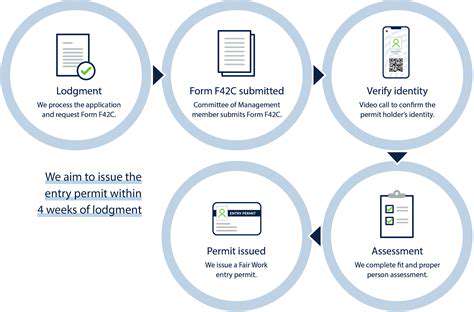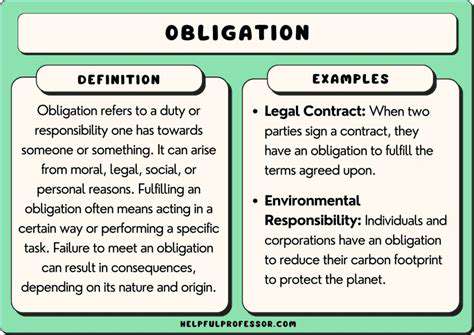Understanding How Criminal Records Affect Visa Applications
Nations apply divergent standards when assessing applicants with criminal histories. Some impose absolute bans for specific convictions, while others weigh circumstances more flexibly. For example, petty offenses may be overlooked, but violent crimes typically trigger automatic rejections.
Types of Crimes and Their Impact
From traffic tickets to capital offenses, any infraction could potentially derail travel plans. The key factors are: offense classification, gravity, and time elapsed since conviction. A forgotten speeding ticket won't raise eyebrows, but a recent embezzlement charge certainly will.
Crimes involving violence, fraud, or substance abuse draw particular scrutiny. Visa officers meticulously evaluate whether applicants pose any risk to public safety or national security. Transparency about past mistakes, coupled with evidence of reform, can sometimes mitigate concerns.
Severity and Duration of the Conviction
Judicial systems categorize crimes by gravity for good reason - this classification directly informs immigration decisions. Major felonies create nearly insurmountable barriers, while minor infractions might be excused. The clock starts ticking from conviction date: older offenses generally carry less weight than recent ones.
Country-Specific Visa Policies
Border control measures vary dramatically worldwide. Some nations like Canada and Australia employ complex points systems that automatically disqualify certain offenders. Others, particularly in the Schengen zone, grant consular officers broader discretion. Always verify destination-specific rules before applying.
Appeals processes exist but require substantial evidence of rehabilitation. Successful cases often demonstrate years of clean living, steady employment, and community contributions.
Seeking Professional Advice
Immigration attorneys provide indispensable guidance for applicants with problematic histories. They can navigate waiver processes, advise on disclosure strategies, and sometimes negotiate with consular officials. Many specialize in particular countries or visa categories.
These experts help clients present their cases in the most favorable light, emphasizing rehabilitation and current stability. Their knowledge of ever-changing regulations often makes the difference between approval and denial.
Specific Types of Criminal Records and Visa Implications
Felony Convictions
Felonies represent the most serious barrier to visa approval. Crimes like homicide, sexual assault, or drug trafficking typically result in automatic rejections. However, some countries consider mitigating factors: juvenile offenses, single incidents versus patterns, and demonstrated rehabilitation.
Misdemeanor Convictions
These lesser offenses don't guarantee rejection but require careful handling. Applicants should prepare detailed explanations and supporting documents. Key considerations include: restitution completion, absence of repeat offenses, and character references.
DUI/DWI Convictions
Many nations now treat impaired driving as a serious offense. Some automatically deny visas for multiple DUIs. Applicants must document completed treatment programs and several years of incident-free driving.
Traffic Violations
While single minor violations rarely cause problems, patterns of reckless behavior concern immigration officials. Multiple suspensions or hit-and-run incidents raise red flags about responsibility and rule-following.
Domestic Violence Convictions
These offenses trigger heightened scrutiny due to their interpersonal nature. Successful applicants typically show completion of anger management courses, clean records for 5+ years, and professional evaluations.
Visa Types and Different Levels of Scrutiny
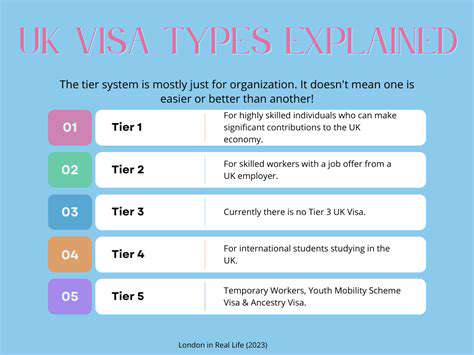
Visa Types for Different Purposes
Visa categories align with specific travel purposes. Tourist visas demand different documentation than work or student visas. Misclassification is a common but avoidable reason for denial. Always match your application to your primary activity abroad.
Levels of Visa Authorization
Short-term visas offer limited privileges, while long-term permits approach residency rights. More extensive stays invite deeper background checks. Work visas typically require employer sponsorship and sometimes labor market testing.
Visa Processing and Application Procedures
Consular processing times vary from 48 hours to several months. Premium services exist in some countries for expedited review. Electronic applications are becoming standard, but some nations still require in-person interviews.
Understanding migraine triggers enables better prevention strategies. Sleep irregularities and environmental factors frequently contribute. Stress remains the most commonly reported precipitant, followed by dietary triggers and weather changes. Maintaining detailed records helps identify personal patterns.

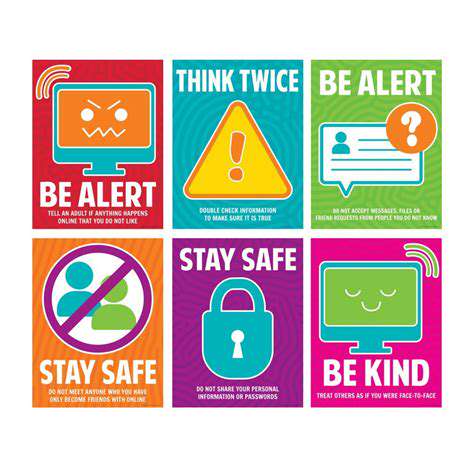
![How to Travel on Points and Miles [Travel Hacking]](/static/images/27/2025-05/StayingUpdatedontheLatestTravelHackingTrendsandOpportunities.jpg)

![Exploring the Temples of Southeast Asia [Cultural Guide]](/static/images/27/2025-05/Myanmar27sGoldenPagodas3AASymphonyofSpirituality.jpg)

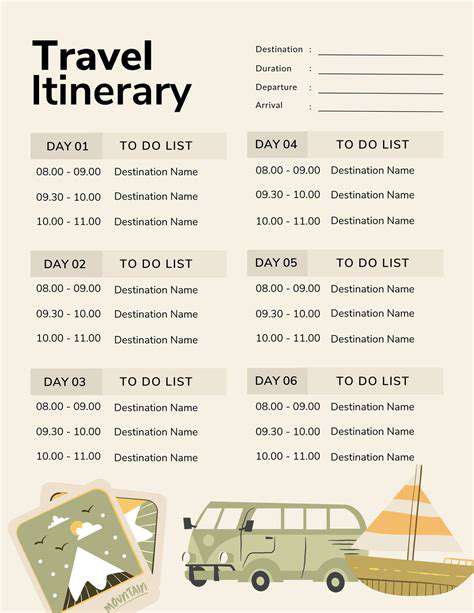
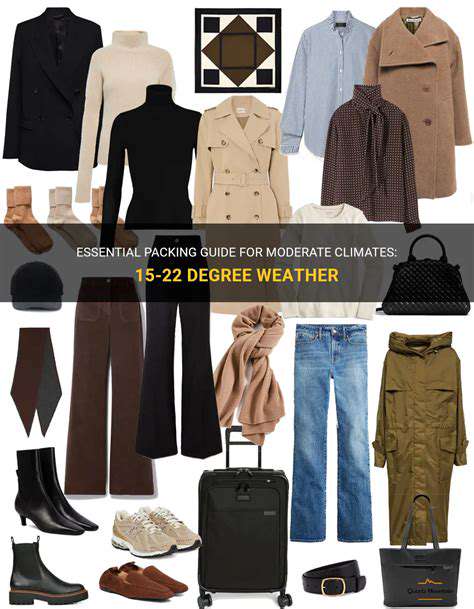

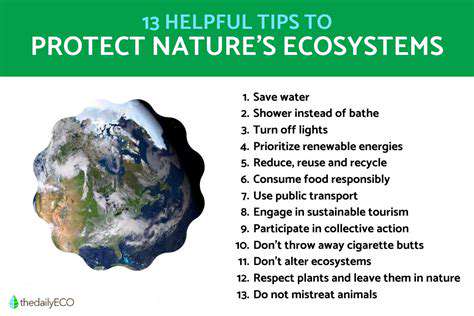
![Guide to Visa Requirements for US Citizens Traveling to [Country]](/static/images/27/2025-06/ContactingtheAppropriateAuthorities.jpg)
